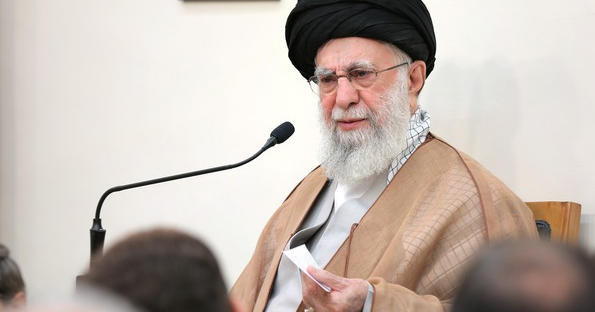
Similar Posts
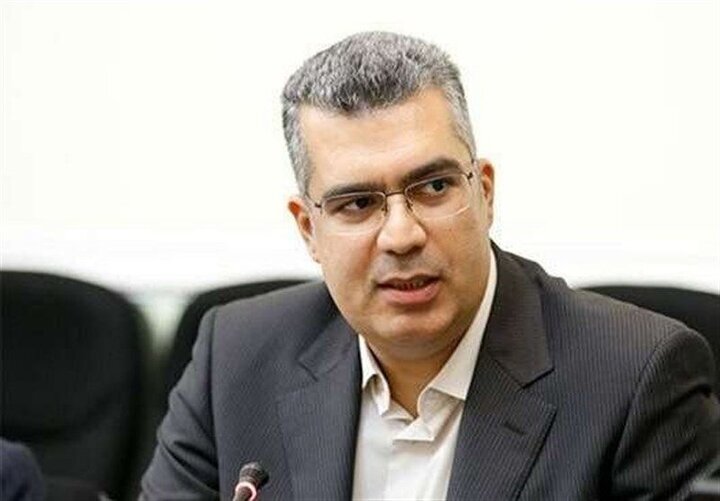
Iran Seeks to Boost Economic Ties by Attracting Trade Delegations from EAEU Nations
The upcoming Eurasian International Exhibition, scheduled for February 21-24, 2025, at Tehran Permanent International Fairgrounds, aims to strengthen economic ties among Eurasian Economic Union (EAEU) member states, notably with Russia. Iranian Deputy Minister Mohammad Ali Dehghan Dehnavi highlighted the event’s role in attracting trade delegations and promoting bilateral trade, particularly following Iran’s Free Trade Agreement with EAEU nations. Iranian companies will showcase innovative products, fostering opportunities for collaboration and networking. Anticipation is building for meaningful discussions on trade policies and investment, as the exhibition seeks to enhance Iran’s influence in the Eurasian trade landscape.
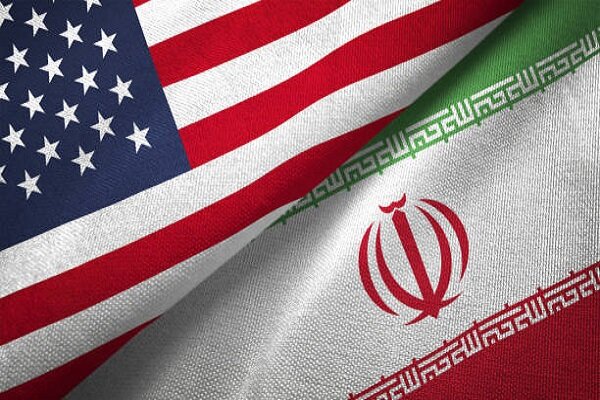
Iran Refutes Claims of US Investor Attendance at Upcoming Trade Fair
Iran Expo 2025, scheduled for April 28 to May 2 in Tehran, will see no participation from US private sector investors due to strained political relations amid ongoing indirect nuclear negotiations. Government spokesperson Fatemeh Mohajerani noted that investment from other countries is welcome, except for Israel. Despite the absence of US investors, over 4,000 businesses from 110 countries have registered, underscoring the expo’s significance. Concurrently, a summit aimed at enhancing economic ties with Africa will attract around 40 ministers. The outcomes of the nuclear talks will be crucial in shaping Iran’s future economic relations and investment landscape.
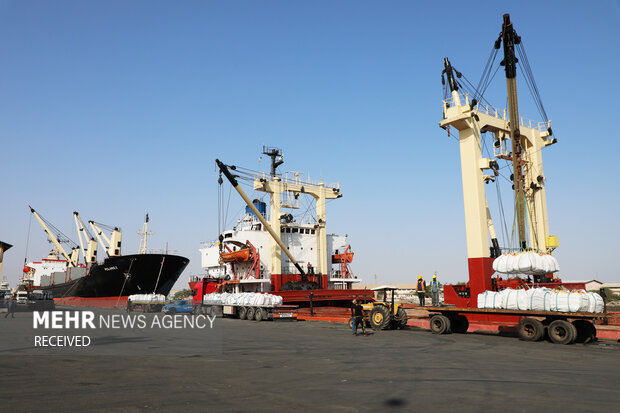
Iran-Uzbekistan Trade Soars: Exports Exceed $410 Million, Says Ambassador
In a recent meeting, Mohammad Ali Eskandari emphasized the competitive advantage of Iranian goods in Uzbekistan, highlighting the strengthening economic ties between the two nations. An Iranian trade center has been established in Uzbekistan to enhance trade opportunities, particularly in pharmaceuticals, where Uzbekistan meets 40% of its needs domestically. Collaborative efforts between the health ministers of both countries aim to elevate healthcare standards. Eskandari noted Uzbekistan’s strategic location and diverse market as key factors for trade growth. The discussions showcased mutual benefits and the potential for increased Iranian market presence, ultimately fostering economic development in both nations.
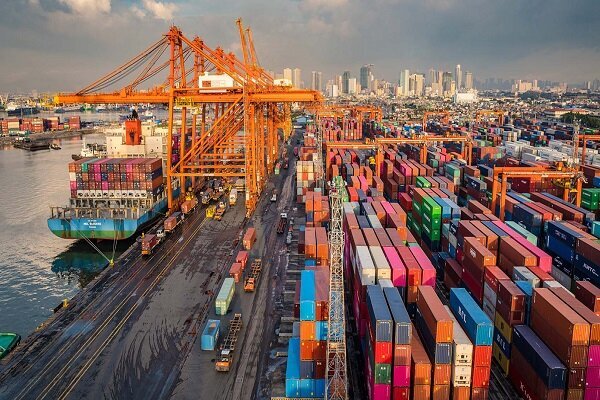
Iran’s Foreign Trade Soars to $130 Billion in 2024, Reports IRICA
Iran’s non-oil trade reached $130.2 billion for the calendar year ending March 20, 2025, marking an 11.39% increase from the previous year, according to the Islamic Republic of Iran Customs Administration (IRICA). The volume of non-oil trade stood at 191.2 million tons, up 7.63%. Key exports included over $6 billion in petrochemicals and more than $3 billion in natural gas. Major markets for Iranian goods included China, Iraq, the UAE, Turkey, Pakistan, Afghanistan, and India. This growth highlights Iran’s resilience and strategic efforts to diversify its economy and enhance its global trade relationships.
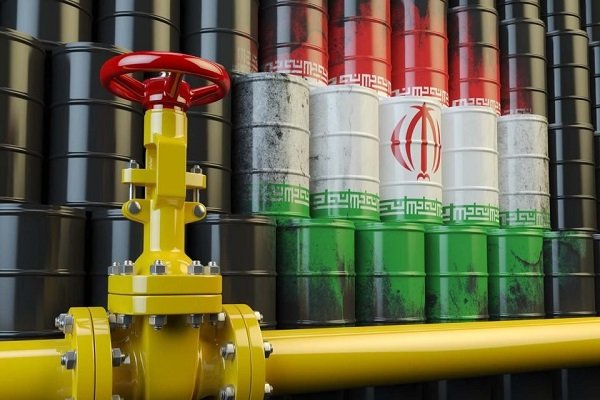
US Targets Network Boosting Iran’s Oil Sales with New Sanctions
The U.S. has sanctioned an international network facilitating the shipment of Iranian crude oil to China, targeting Iran’s Armed Forces General Staff and its front company, Sepehr Energy. This move, part of the U.S. Maximum Pressure Campaign, aims to curb Iran’s oil exports amid ongoing tensions over its nuclear program. The sanctions were announced shortly after U.S.-Iran nuclear talks, highlighting strained relations. Despite these pressures, Iranian oil sales to China have surged. Analysts anticipate that these sanctions could escalate hostilities, influence global oil markets, and affect future negotiations, particularly with China’s role as a key buyer of Iranian oil.
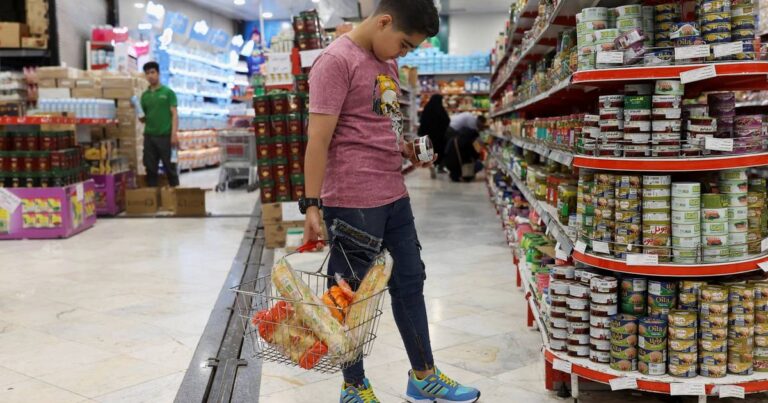
Iran’s Wage Crisis: Navigating Sanctions and Economic Turmoil
As Iran’s fiscal year ends in March, the government faces the challenge of raising wages amidst a 40% inflation rate, which has driven millions into poverty. Currently, workers earn under $150 monthly, while a family of three needs at least $450 for basic needs. Experts warn that doubling wages is impractical due to the government’s financial constraints and potential economic fallout. Economists like Morteza Afqah emphasize that resolving Iran’s economic crisis requires addressing foreign policy issues and securing sanctions relief. Public sentiment is growing for negotiations with the West, as leadership grapples with the implications of their choices on the nation’s future.